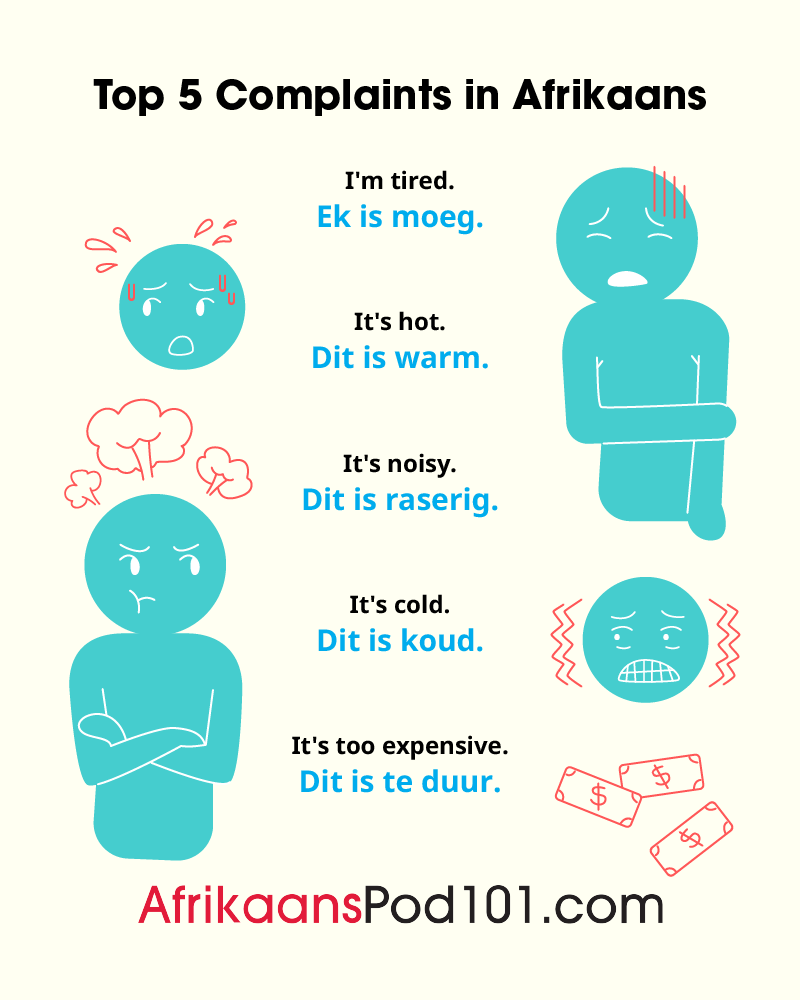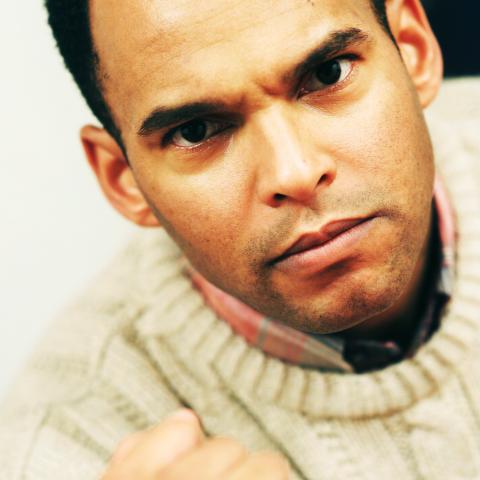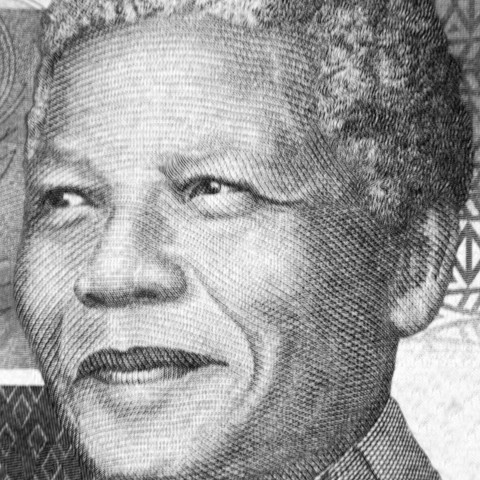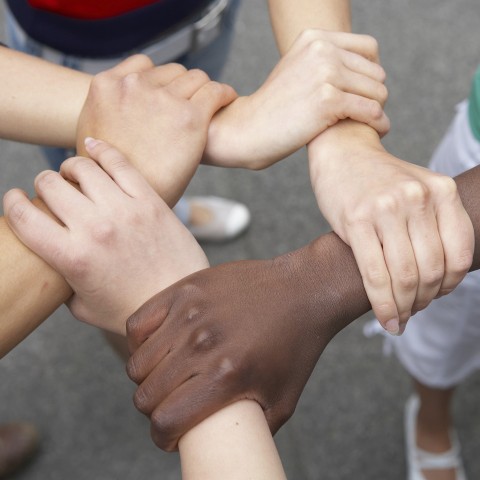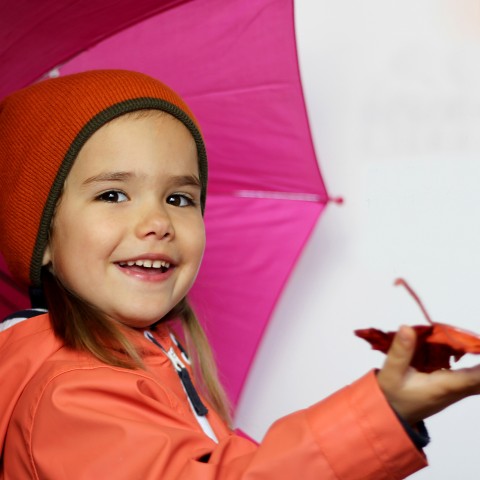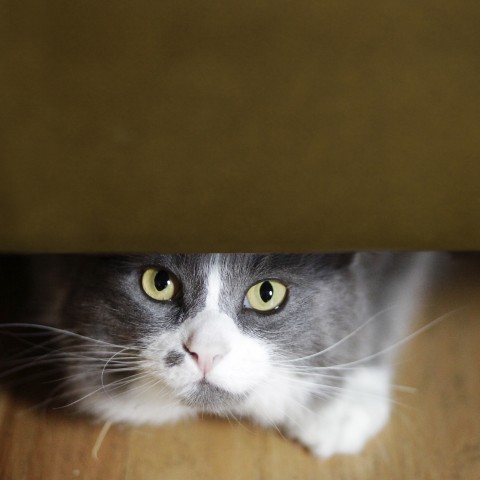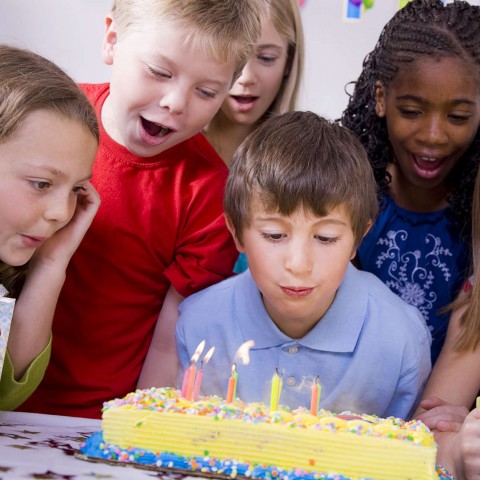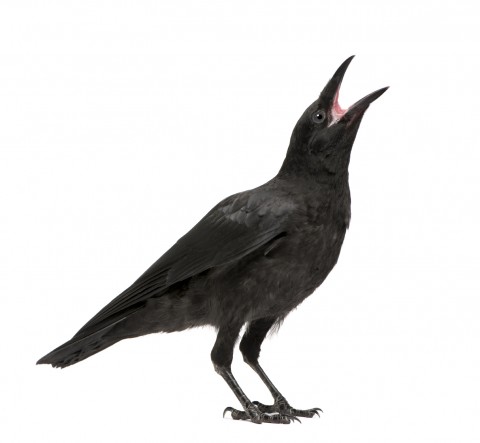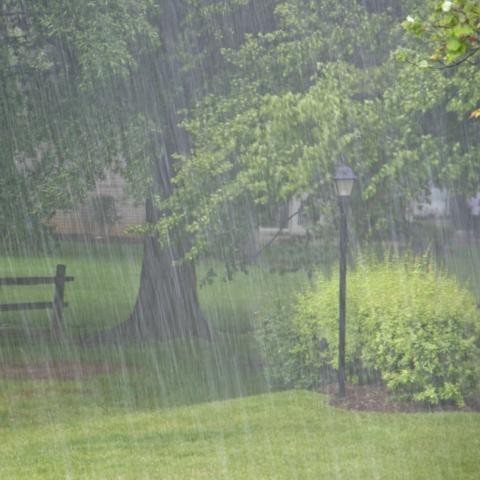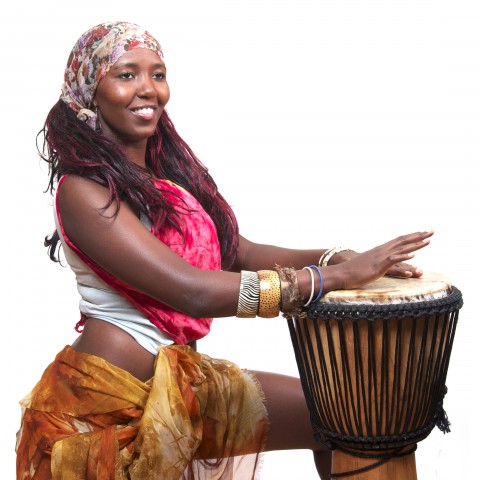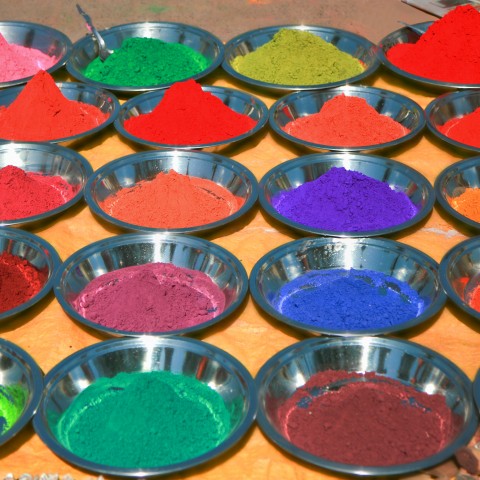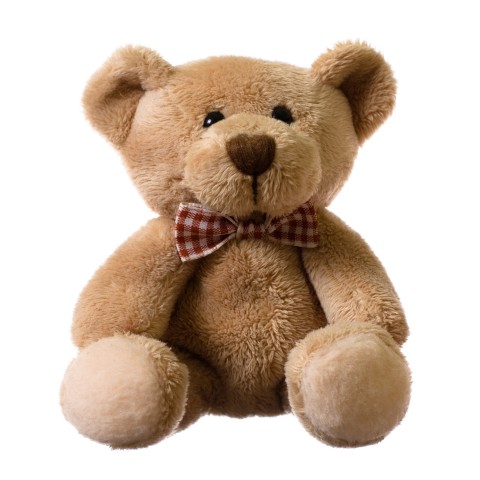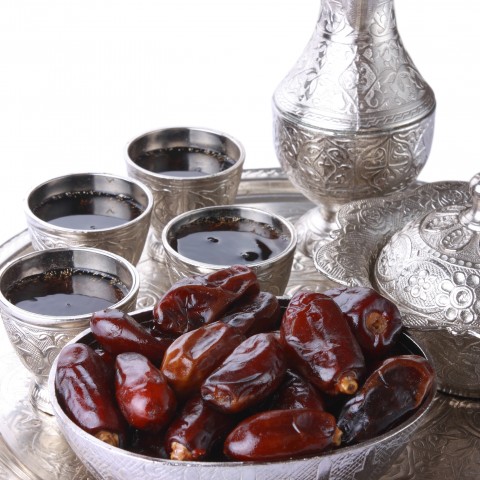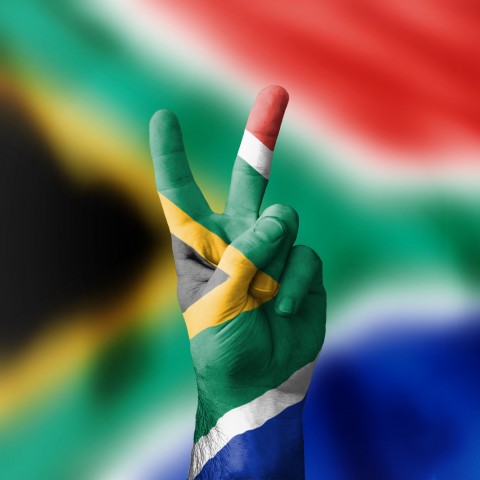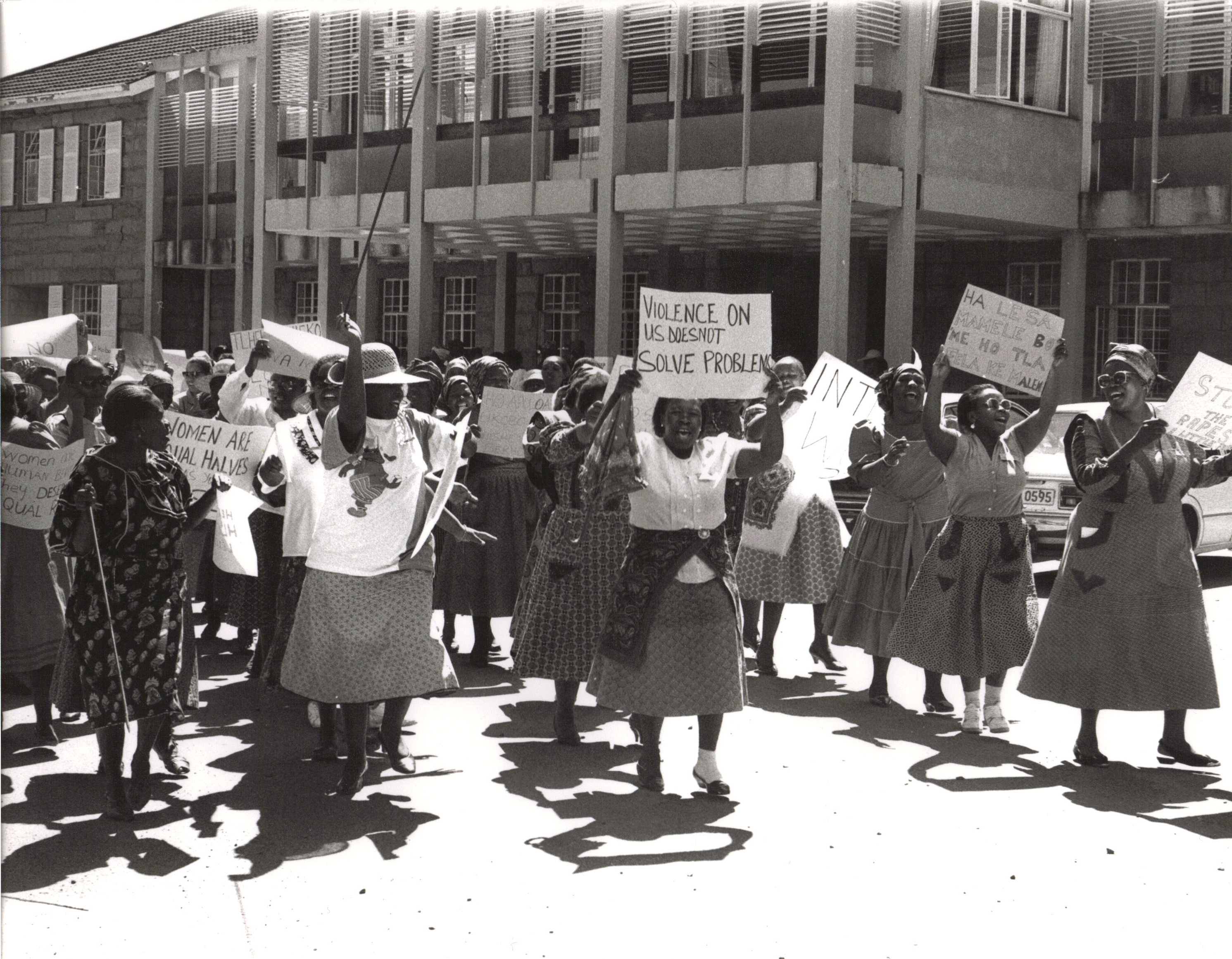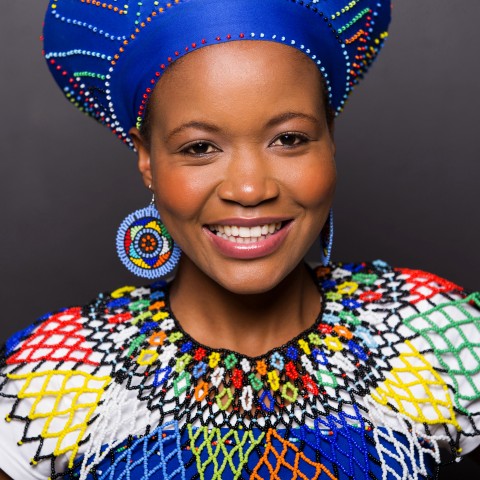So, you know how to say “I’m sorry” in Afrikaans, and these are likely of the most important phrases to learn. Because no matter what language you speak, you’re probably going to get angry at some point, say things you don’t mean and then have to apologize for it.
Yet, knowing how to get angry in Afrikaans has benefits too! Read on for more about that, also how it’s all easily done through AfrikaansPod101!
There are some serious upsides to getting angry:
- When your boundaries are being ignored, and the offender refuses to heed a gentle, civil admonition, showing your anger might be the only way to get your point across with good effect.
- Anger can give you negotiating power, research has shown.
- Furthermore can anger be a good motivator. Looking at the world’s history, the driving forces behind revolutions were always anger and frustration. Constructive anger can motivate you to get what you truly desire.
- Strangely enough, one U.S. field study has shown that angry people were more optimistic about the future! Conducted after the 9/11 attacks, the study demonstrated that the angrier people were about terrorism, the fewer attacks they expected in future.
- Yet another study has indicated that getting angry with a partner and expressing it immediately may be better for the relationship in the long run. Obviously, it would be best to avoid getting terribly, explosively angry with one another! Also, working constructively towards a solution is what strengthens the bond. If you find that you’re getting angry easily and for no reason, it would be good to seek help.
However, no matter how angry you are, it is never OK to engage in physical assault, unless it is to protect yourself or a vulnerable person.

Table of Contents
- Why is it Necessary to Know Angry Phrases in Afrikaans?
- Phrases that Depict Anger in Afrikaans
- Constructive Ways to Express Anger in Afrikaans
- How AfrikaansPod101 Can Help You With Being Angry in Afrikaans!
1. Why is it Necessary to Know Angry Phrases in Afrikaans?
1) Well, for all the reasons mentioned above, there are benefits to expressing anger in any language. Also, it’s necessary to know how to express or understand anger for your own survival! If you’re being confronted by an angry Afrikaner, it would help to know what they’re saying or shouting at you. (Usually Afrikaners are temperate and it takes a lot to anger them. But when they lose it…well, you’ll always remember the day!)
2) When you’re watching Afrikaans movies, you will better understand the context.
3) Also, if you’re angry with an Afrikaans speaking person, knowing how to express yourself in their language could work towards problem-solving in most cases.
So, is someone angry with you or you got angry? In Afrikaans, it’s easily and eloquently expressed. Before saying these commonly-used phrases, though, perhaps always remember these wise words by Mark Twain:
“Anger is an acid that can do more harm to the vessel in which it is stored than to anything on which it is poured.”
2. Phrases that Depict Anger in Afrikaans
Anger can be verbally expressed in mainly three ways:
- via angry imperatives, which are akin to orders or commands
- via angry warnings, or
Like in any other language, voice tone and volume will make a difference to how these expressions are being received. Shouting in anger is only really advisable if you’re competing with a live heavy metal concert or a jackhammer, or if you’re a character on stage in a play. Otherwise shouting and yelling are just communication killers and don’t serve much purpose. Therefore, if you have to use the following phrases, try to keep a civil and calm tone with the person you’re addressing.
A. Angry Imperatives
So, you’re at the end of your rope, and it’s time to tell someone off. Following are the best phrases to do so in Afrikaans.
Tip: Using Afrikaans phrases, swearing is never a good idea. Using expletives might offer a certain relief, but the consequences are never positive.
1.1 “Shut Up/Keep Quiet!” – Bly Stil!
When To Use: This is a universal command usually uttered in frustration because you’re not allowed to speak. Or, someone is saying or shouting something you don’t want to hear, or they’re talking out of their turn or too loud.
Note: It is possible to firmly tell someone to keep quiet without being too harsh in Afrikaans. Just add “please” (asseblief). In most work environments, Afrikaners prefer to stick to civility and polite interaction. Therefore, a tactful boss or colleague will probably only say, calmly but rather firmly, “Bly stil, asseblief!” Looks will most likely speak volumes.
1.2 “Stop It! – Stop Dit! / Hou Op!
When to Use: Someone is crossing a line with their behavior towards you or another person you need to protect? These are good phrases to tell them to stop whatever they’re doing, and to show you’re angry in Afrikaans.
Note: The English expression with the same meaning, “Cut it out!”, literally translates as Sny dit uit! However, the phrase is never used this way in good Afrikaans. You’d use Sny dit uit only in its literal sense, which means you’re demanding that something be excised. “Excise” is a medical term, and it means to remove something surgically, like a wart or a tumor.
The Afrikaans approximate for “Cut it out!” in the context of this article would be Hou op! If you’re really exasperated with behavior that doesn’t stop immediately, like children acting naughtily, you could add the time word nou / “now” for emphasis. Such as: Hou nou op! Also, raise your voice slightly, and add a big frown on your face!
Another expression with the same meaning is Moenie! which means “Don’t!”
Again, adding a polite “asseblief” will somewhat soften these angry commands, such as Hou op, asseblief! Or, Stop, asseblief!
1.3 “Give Back!” / Gee Terug!
When to Use: This phrase is pretty self-explanatory – someone took something that’s yours and you want it back! Now! Firmly holding out your open hand with the palm up, ready to receive, would be the appropriate gesture to add emphasis to your command.
Note: Alternatives to this phrase would be to add a pronoun or time word.
Pronoun: “It”/Dit – Gee dit terug! / “Give it back!”
Time Word: “Now”/Nou – Gee dit nou terug! / “Give it back now!” OR Gee nou terug! / “Give back now!” These additions render the command stronger and more emphatic.
1.4 “Get Lost!” / Gaan Weg!
When To Use: This phrase is appropriate for use when you want someone or something to leave immediately.
Note: Alternatives are Loop nou! or Voetsek! The former, Loop nou! (Lit: “Walk [away] now!”) is more polite and suitable when you’re addressing a person. Voetsek! is most often used to shoo away bothersome animals. It is not a word you’d use to strongly command a person to leave, as this is considered extremely derogatory and insulting.
Again, adding the emphasized time word nou (“now”) will add strength and emotion to the command, as in Gaan nou weg! / “Let lost now!” Emphasizing nou (“now”) is common, except in the case of Loop nou! Here, Loop (“Walk”) is emphasized.
1.5 “Leave Me Alone!” / Los My Uit!
When To Use: This is almost the same as the previous angry phrase in Afrikaans, but when you’re using it, the implication is that the person you’re chasing away has been bothering you deliberately.
If you’re being inappropriately addressed, touched or perhaps threatened, and the person doesn’t respond after you’ve quietly asked them to cease and desist their behavior, it’s OK to shout this one out at the top of your lungs! However, do this only if you’re truly feeling unsafe and threatened. You don’t want the reputation of a drama queen who makes scenes over nothing!
Note: Most often, the time word nou is added, as in: Los my nou uit! However, like in the case of Loop nou!, it doesn’t get emphasized here. You would rather emphasize uit, for good effect.
1.6 “Don’t Mess With Me!” / Moenie Met My Skoorsoek Nie!
When To Use: This phrase is well used with Los my nou uit! (“Leave me alone!”), as it implies that the person bothers you purposely to make you angry. Almost like they’re needling you to get a reaction.
Note: Moenie translates as “don’t”, and is a contraction of the words moet nie, which means “do not”.
1.7 “I Forbid You To …” / Ek Verbied Jou om …
When To Use: Same as in English, this is a formal, very strong and specific command. It is best used when you want to make it very clear what a person is not allowed to do, such as in:
Ek verbied jou om in te kom sonder my toestemming! / “I forbid you to enter without my permission.”
OR
Ek verbied jou om aan my te vat! / “I forbid you to touch me!”
B. Angry Warnings
These are phrases you’d hopefully never have to use. And, ideally, never have them directed at you! They are warnings only expressed in real anger or very angry frustration, and usually serve as veiled threats that the next step will be an action…almost invariably of the unpleasant kind.
Again, avoid physical altercation at all cost, unless it is to protect yourself or someone vulnerable.
2.1 “You’re Asking for Trouble!” / Jy Vra Vir Moeilikheid!
When It Is Used: When expressed in anger, this phrase indicates that a person has reached the end of their patience with someone’s behavior. They are indicating very strongly that they’re about to take steps. Such as in this scenario:
Ek verbied jou om aan my te vat! Jy vra vir moeilikheid! (“I forbid you to touch me! You’re asking for trouble!”)
However, it isn’t used only to express anger in Afrikaans. As in English, the phrase also expresses the speaker’s alarm. For instance, in this scenario:
Moenie met daai man uitgaan nie! Jy vra vir moeilikheid! (“Don’t go on a date with that man! You’re asking for trouble!”)
Note: An alternative is: Jy soek vir moeilikheid, which, in English, means “You’re looking for trouble!” Or, as can be heard in some Afrikaner homes with kids: Jy soek vir my! This means literally “You’re looking for me!”, and it implies that, with their behavior, the child is literally “looking” or “calling” for the parent’s anger.
Afrikaners are usually stern parents who take discipline seriously. Yet, many modern parents tend to adhere to gentler forms of disciplining their offspring. Any form of corporal punishment in schools and detention settings is against the law, and was recently made illegal in the home as well, after being decided by the highest court in South Africa (the Constitutional Court, also called the Concourt).
In any case, it would be best to never address a child in great anger.
2.2 “This Is My Last Warning” / Hierdie Is My Laaste Waarskuwing OR Ek Praat Nie Weer Nie!
When To Use: This way of showing you’re angry in Afrikaans can be seen as a veiled threat. It is another way of saying that you’ve reached the end of your tether, and won’t tolerate another transgression.
Hierdie is my laaste waarskuwing is well employed in the workplace, as it is more formal and controlled. Ek praat nie weer nie! is its informal version, and is used more to address naughty children without ears.
2.3 “Do It Again …” / Doen Dit Wéér …
How To Use: This is a very angry phrase that implies trouble is on its way. The latter is signified by the silent threat in the incomplete sentence. It implies that if certain behavior is repeated, there will be severe consequences.
When expressed in anger, with matching aggressive body language, it leaves no doubt about the speaker’s intentions. It is not an angry phrase you’d employ at work or in formal settings, as the inference is that an act of violence could follow.
2.4 “I’m Going To Report You!” / Ek Gaan Jou Aanmeld!
When To Use: So, a shop manager disappoints you with her callous lack of service? Or your manager is not adhering to your explicit boundaries? Voice a threat that’s bound to get their attention. Even if you’re very angry, this is a suitable phrase to use in public, as it means you’re about to turn to an authority higher than the addressee’s.
C. Angry Blames
These phrases are best shelved under “Need to know”, as they are never good to use in great anger – in any language. Blameful words are always aimed to hurt or harm, which is a weak relationship strategy.
3.1 “What’s Wrong With You?!” / Wat Is Fout Met Jou?!
Meaning: This is a harmless, even caring enquiry, depending on context. In anger, the phrase becomes a rhetorical question that implies there’s something morally or mentally wrong with the person it’s directed at. This is a hurtful insult.
Wat is usually gets contracted to Wat’s, when the phrase is used in a moment of passionate anger.
3.2 “What Were You Thinking?” / Het Jy Nie Gedink Nie?!
Meaning: Again, this is a rhetorical question, often expressing exasperation that borders on the insulting. It implies that someone hasn’t been thinking straight when they did something, or that the person was exceptionally stupid doing something. This may be true about their conduct, but shouting this will add insult to injury. In Afrikaans, this phrase is not as harsh as the previous one, but it can still be hurtful.
Note: The literal translation of “What were you thinking?!” is Wat het jy gedink?! That’s not incorrect, but it is seldom used, and then dink (in gedink) needs to be strongly emphasised or it could be misunderstood to be a real question.
3.3 “Are You Out Of Your Mind?!” / Is Jy Mal?!
Meaning: Another very strong rhetorical question questioning someone’s sanity. This gets used when someone has done something irresponsible or inexplicable. The phrase is hugely insulting, though, so it’s better to avoid it.
Note: A variation would be Is jy koekoes? Koekoes is an informal term for “crazy”, and this can sometimes be said in jest.
3.4 “It’s All Your Fault!” / Dis Alles Jou Skuld!
Meaning: This is used by an angry person who is probably unwilling to shoulder any responsibility for the situation. Not cool to use, and brush it off when it’s aimed at you. Nothing is ever only one person’s fault!
Note: The literal translation of “It’s all your fault!” is Dis alles jou fout!, which is also correct, but not popularly used.
3.5 “Who Do You Think You Are?!” / Wie Dink Jy is Jy?!
Meaning: This rhetorical question is one of the milder ways to get angry in Afrikaans. Like in English, it is a way of asserting that someone doesn’t have authority over you.
In some circumstances, though, this might be a good reminder to someone who doesn’t respect boundaries.
3.6 “You Made A Mess!” / Jy’t ‘n Gemors Gemaak!
Meaning: This is a very strong way to express your displeasure over something. It’s never a good idea to critique someone’s work when you’re angry with them – in any language! They probably already know they messed up, so by shouting at them, you add insult to injury.
3.7 “You never …!” and “You always …!” / Jy ___ nooit! and Jy ___ altyd!
Meaning: Using gross generalizations in a fight never built any relationship. You’re labeling the person as someone who perpetually makes mistakes, and can do no right in your eyes. No relationship can survive too many of these. Avoid!
These could include phrases like:
Jy praat nooit met my nie! / “You never talk to me!”
Jy skreeu altyd op my! / “You always shout at me!”
Jy doen nooit moeite nie! / “You never make effort with anything!”
Jy werk altyd laat! / “You always work late!”
3. Constructive Ways to Express Anger In Afrikaans
As mentioned previously, getting angry and sharing how you feel could strengthen a relationship – if it’s done in a constructive, positive way. Here are some handy Afrikaans phrases to express and discuss your anger once you’ve calmed down.
- Ek is baie ontsteld. / “I am very upset.”
- Ek voel baie kwaad oor … / “I feel very angry about …”
- Wanneer jy so met my praat, voel ek seergemaak. / “When you talk to me like that, I feel hurt.”
- Ek hou nie daarvan nie. / “I don’t like that.”
- Wat jy doen/sê laat my sleg voel oor myself. / “What you do/say makes me feel bad about myself.”
- Ek voel teleurgesteld. / “I feel disappointed.”
- My hart is seer daaroor. / “My heart is sore about that.”
- Laat ek eers kalmeer, asseblief. Ons kan later hieroor praat. / “Let me calm down first, please. We can talk about this later.”
4. How AfrikaansPod101 Can Help You With Being Angry in Afrikaans!
Well, hopefully you now know better how to be angry in Afrikaans, after reading our article! Do you feel comfortable using the phrases? Can you understand them well? Why not share it with us using Afrikaans in the comments? Or ask questions? We’d love to hear from you!
Afrikaans is mostly a phonetic language (meaning you mostly pronounce the words as they are written), but then you have to be able to read Afrikaans. AfrikaansPod101 takes the lead with many free learning tools to help you master Afrikaans reading easily, and in fun ways.
These tools include:
- An extensive vocabulary list, regularly updated
- A new Afrikaans word to learn every day
- Quick access to the Afrikaans Core 100 Word List
- A free Afrikaans online dictionary
Learn more efficiently with the help of a personal tutor, who will first let you take an assessment test to personalize and tailor your training. You’ll also be guided to record yourself in Afrikaans!
No need to frustrate yourself – enroll now and get on top of the angry phrases!







